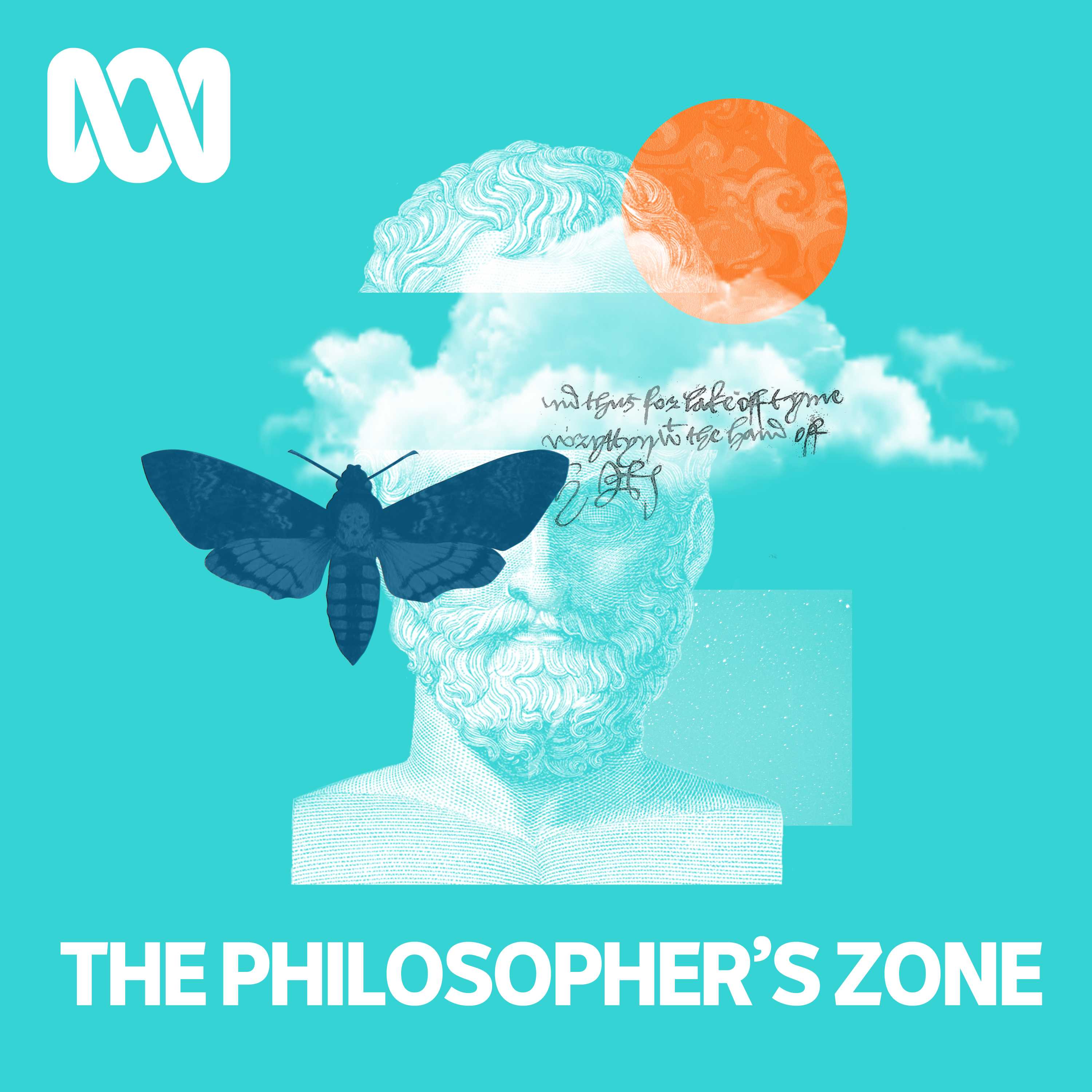

Philosopher's Zone
ABC
The simplest questions often have the most complex answers. The Philosopher's Zone is your guide through the strange thickets of logic, metaphysics and ethics.
Episodes
Mentioned books

Apr 3, 2022 • 28min
Moral beauty and art
Movies and TV series increasingly feature leading characters that are morally repugnant, and yet we respond positively to their charisma. Why do we like them so much on screen? And is our emotional investment in their stories indicative of moral failure on our own part? This week we're exploring ideas of moral beauty, moral ugliness, and the strange ways in which artists - even in apparently morally neutral fields like architecture - can play with our notions of good and evil.

Mar 27, 2022 • 28min
Philosophers in love
Philosophy can sometimes be an exercise in abstract, "pure" reason, unsullied by the demands of the body or the contingencies of history. But this week we're placing history and corporeality front and centre, with a look at the intimate lives of four eminent philosophers, and asking how their private entanglements shaped their public work.

Mar 20, 2022 • 28min
The ethics of uterus transplantation
If a woman wants to experience pregnancy but can't, the answer could be a uterus transplant. The technology is promising, if still very new — but how ethically sound is it?

Mar 13, 2022 • 28min
Extremism
Can all people who hold extreme views be fairly described as "extremists"? Extremism is a slippery concept. Its connotations are pejorative but at a glance, it can be difficult to see what differentiates extremism from more acceptable forms of fringe belief such as radicalism. Is it possible to be an extremist in the name of a morally worthy cause? and how should we deal with extremists in our midst?

Mar 6, 2022 • 28min
Trans-national adoption and "blending in"
At the end of the Korean War in 1953, the government launched an adoption program for orphans, most of whom went to white families in the USA and western Europe. Since then, an estimated 200,000 South Korean children have been adopted to Western countries. This week’s guest has conducted field research to explore their experience of the “trans-racial adoption paradox”: the feeling of belonging culturally while embodying difference, and the challenges faced by adopted people of colour navigating predominantly white communities and social worlds.

Feb 27, 2022 • 41min
Efficiency, productivity, excess
These days we’re constantly pushed to be more efficient – at work, of course, but also in our leisure pursuits and even while we sleep (“hacking your sleep cycle” to extract maximum benefit from the nocturnal hours is a staple of wellness magazine articles). How did we get here? And how can we get back to a state that’s less pressured, a state governed by principles other than accumulation and profit?

Feb 20, 2022 • 28min
Consciousness and contemplation
Consciousness is one of those phenomena that combine the everyday with the ineffable. We experience consciousness intimately, and yet in many ways it remains ungraspable. What is consciousness? Why do we have it? How can the physical stuff of the world give rise to something as mysterious as first-person experience? Philosophy, science and contemplative traditions have all struggled with these questions - and this week, we're talking about a new Centre for Consciousness and Contemplative Studies that brings these disciplines together.

Feb 13, 2022 • 28min
Art and climate
Our current climate crisis is, as much as anything else, a crisis of communication. Artists have a unique opportunity to step in and deliver environmental messages in a way that speaks to the emotions and the gut. And in doing this, they're reconfiguring the conceptual map of what art is supposed to be. Can a public sleepover in a town hall to raise awareness of disaster preparedness be called “art”? And what role do mystery and aesthetics play in this sort of work?

Feb 6, 2022 • 28min
China, Confucius and the courtyard
For more than three millennia, most buildings in China were configured around a central courtyard. This week’s guest believes that the courtyard helps us to understand Chinese society and culture, as well as Confucian philosophy. Today, with increasing numbers of people living in urban apartment buildings, the courtyard has become something of a period piece. What does this tell us about Chinese thought and identity in the modern world?

Jan 30, 2022 • 28min
Stuff
Many of us these days are buried beneath an avalanche of stuff – everyday objects that seem to proliferate in the cupboard while our back is turned. Our obsession with material technology infects our view of human history, as many anthropologists judge the progress of past civilisations on the basis of how much stuff they generated, or “failed” to generate. And the production of stuff threatens our future, with the looming catastrophe of climate change and the growing tide of microplastics.


